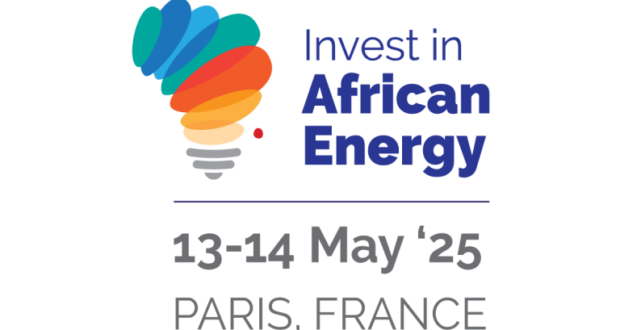..
In a space traditionally dominated by large multinational financial institutions, regional and indigenous banks are stepping up to play a crucial role in financing Africa’s growing oil and gas industry. These smaller banks are providing critical financial support through direct loans, specialized lending, and local infrastructure financing. As global banks face increasing scrutiny over their fossil fuel investments, opportunities are emerging for African banks to fill the gap. These developments will be highlighted at the Invest in Africa Energy 2025 Forum, set to take place in Paris next May, which aims to connect African energy projects with global capital.
Africa Energy Bank: Catalyzing Funding for Oil and Gas
The Africa Energy Bank (AEB), signed into implementation in June by the African Export-Import Bank, is set to be a game-changer for financing oil and gas projects across the continent. With an initial capital of $55 billion, headquartered in Abuja, the AEB is the first bank of its kind to address the reduction in global financing for African energy projects. The bank is open for signature by prospective member states and is poised to make a significant impact in the coming years.
First Bank of Nigeria: Supporting Domestic Oil Exploration
First Bank of Nigeria (FBN) has long been a key player in Nigeria’s oil and gas sector. Its partnership with the state-owned Nigerian National Petroleum Corporation has seen it finance major domestic oil exploration projects. With over 30% of the bank’s net loan portfolio allocated to oil and gas, FBN plays a critical role in the sector. In June 2023, FBN signed a $200 million loan facility agreement with the African Export-Import Bank to support a range of industries, including oil, gas, mining, and energy.
Equity Bank of Kenya: Enhancing Regional Petroleum Infrastructure
Nairobi-based Equity Bank has been instrumental in funding regional petroleum logistics and infrastructure projects. The bank invested $70 million in the Lake Victoria logistics project, which reduces fuel transportation costs to neighboring Uganda. Its Uganda subsidiary has also partnered with the Uganda National Oil Company to support the development of the regional oil and gas sector. As Kenya and Uganda aim for first oil production by the end of the decade, Equity Bank is poised to play a crucial role in transforming East Africa into a regional petroleum hub.
Ecobank: Focused on West and Central Africa
With headquarters in Lome, Ecobank is another key player, particularly in West and Central Africa. The bank has been involved in financing infrastructure projects, such as a $240 million syndicated loan for upgrading the Société Ivoirienne de Raffinage (Ivorian Refining Company) in Côte d’Ivoire. By focusing on smaller projects overlooked by larger banks, Ecobank is driving significant infrastructure development in emerging oil and gas producers such as Senegal and Mauritania.
Attijariwafa Bank: Financing Oil and Gas Expansion in North Africa
One of North Africa’s largest banks, Attijariwafa Bank has a strong presence in oil and gas financing across the region. The bank recently provided $223 million for the second phase of gas production under Sound Energy’s Tendrara license in Northeast Morocco. It also signed a €100 million risk-sharing agreement with the African Development Bank in January 2023 to unlock private sector potential and mobilize €500 million worth of trade for firms in over 20 African countries.
Banque Misr: Fueling Egypt’s Energy Ambitions
Though smaller than global giants, Egypt’s Banque Misr plays a significant role in financing local oil and gas projects. The bank is a shareholder in Alexandria Minerals Oil Company Refinery and Alexandria National Refining and Petrochemical Company, both of which are undergoing major upgrades. Banque Misr is also investing in Egypt’s first green methanol production project, further supporting the country’s ambitions in sustainable fuel development.
As Africa’s oil and gas industry continues to expand, the involvement of these regional banks is expected to grow, helping to bridge the financing gap left by international institutions. With projects ranging from oil exploration to green fuel initiatives, these banks are positioning themselves at the forefront of the continent’s energy transformation.
 Financial Energy Review
Financial Energy Review





